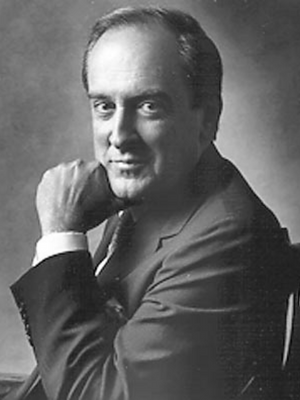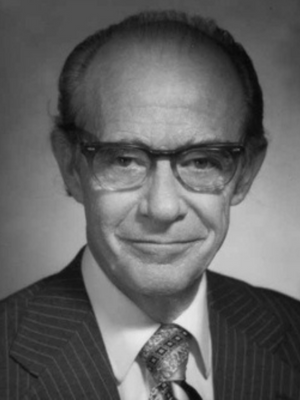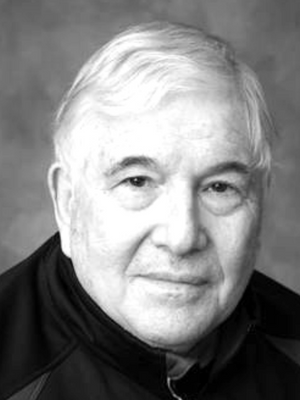Food Freedom | Part 2 of 2

Issue No. 3 | Brought to you by the Addiction Reset Community – ARC
Unlocking the secrets of processed food addiction and guiding you to find freedom from food and weight obsession.
 In the previous issue of our newsletter, we shared how the Tobacco Industry took control of the processed food industry in the 1980s and transferred its expertise in nicotine addiction, to processed foods. A deliberate and effective addiction business model was applied to promote addictive “food-like” substances to reach the broadest possible audience, at the youngest possible age.
In the previous issue of our newsletter, we shared how the Tobacco Industry took control of the processed food industry in the 1980s and transferred its expertise in nicotine addiction, to processed foods. A deliberate and effective addiction business model was applied to promote addictive “food-like” substances to reach the broadest possible audience, at the youngest possible age.
The Faces of Addictive Neuromarketing
Some of the main characters behind the Addictive Marketing Business Model include:

Roberto Goizueta: Former CEO and Chairman of the Coca-Cola Company (1931-1997). Goizueta rose through the ranks to become chairman and chief executive officer of the Coca-Cola Company. Credited with transforming the global soft drink manufacturer into one of America's most admired companies, he became a legend of business management and a very wealthy man.

Mark Hegsted: A Harvard scientist who was one of 3 scientists hand-picked and paid by the sugar industry (Sugar Research Foundation) to provide flawed research which vilified fat and promoted sugar in the daily diet of Americans. He went on to become the Head of Nutrition at the United States Department of Agriculture, where in 1977, he helped draft the early drafts of what was to become the federal government's dietary guidelines. The result was the first food pyramid which favored refined carbohydrates (sugar).

Howard Moskowitz: American Market Researcher and Psychophysicist. Trained in high math at Queens College and Experimental Psychology at Harvard. In the late 1990’s he coined the phrase “bliss point” of food. He engineered 59 variations of sweetness, for a famous soda brand, each one slightly different than the next. Then he subjected those to 3,000 taste tests around the country, did his high math regression analysis, input the data into a sophisticated computer program, and out came a bell-shaped curve where the perfect amount of sweetness — not too little, not too much — is at the very top of the curve. His methods were carried through to 100s of processed foods and are still used by the processed food industry today. His degree in Experimental Psychology supported him being a master at engineering effective methods for neuro-marketing - TEACHING OUR BRAINS TO CRAVE.
Overeating was NEVER your fault. You were given a hidden addiction to satisfy greedy commercial interests.

Here’s the first edition of a new section to the blog. Within the Addiction Reset Community (ARC) our members and their journeys are important to us. We find their stories inspiring and hopeful for everybody in health recovery.
I first discovered something was different about me, around 11 or 12 when I could eat more dinner than grown men could eat. I ate more than all my friends and I thought about food all the time. For years I tried restricting, diet pills, anything to get control of my food. I first became aware and was diagnosed with binge eating, compulsive eating, bulimia and exercise bulimia in 1999. I felt it was all my fault. I’ve tried many different treatments over the years.
In 2019, I found the Food Education Facebook Group and joined, not knowing what to expect. At the time I felt as if I was drowning out in the middle of the deep blue sea, and then a kind and caring woman named Joan Ifland pulled me into a lifeboat that is the Addiction Reset Community (ARC).
I have safely been in recovery and living a happy fulfilled life since then. I am now able to eat a variety of clean foods without feeling deprived. Now my passion is to help others into this amazing lifeboat that is full of compassion, kindness, and accurate science.

Many people reach out to Joan asking for advice and assistance on how they can begin their recovery journey.
Dear Joan
High blood pressure runs in my family. My grandfather had numerous strokes before he passed and my father has been on medication since his 40s. When I started a clean food plan, my blood pressure was bordering on needing medication to control it. However, once my clean eating was established, my blood pressure returned to normal levels. Is there a link between processed foods and high blood pressure?
Joan responds:
Firstly, let me congratulate you on improving your health with a clean food-eating plan. That is a fantastic accomplishment!
While I am not a Medical Doctor and cannot provide direct medical advice, I can certainly confirm that there is sufficient scientific research that shows that processed foods causes high blood pressure. When you remove processed foods from your diet and follow a “clean foods” meal plan, you can push back against the traditional idea that you will be on medication for high blood pressure for the rest of your life.
Recovery from processed food addiction is possible and can have a lasting, positive impact on your health overall.
DISCLAIMER:
Dr Joan Ifland (PhD) is a global expert on the subject of processed food addiction and is not a medical doctor. Information and response shared in this Newsletter are not intended for, and should not be construed as medical advice.

Do you have a question? Reach out to us with your questions about food addiction and recovery at gethelp@foodaddictionreset.com
Are you showing signs of Processed Food Addiction? Take this self-quiz to find out now!

Recent copies of Dr Joan Ifland's Blog:

